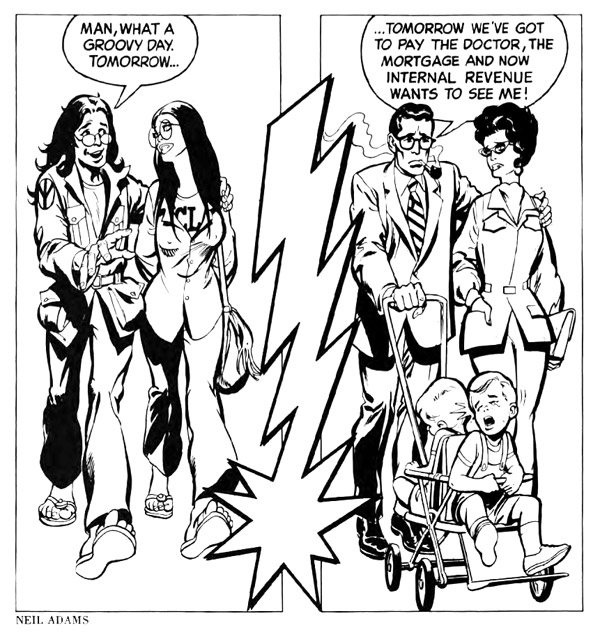
In a flood of words and emotion, I tell her how Let Us Now Praise Famous Men inspired my own “Recession Roadtrip” to document the lives of ordinary people struggling under extraordinary circumstances; how what I remember most about Agee’s portrayal of her parents was their dedication to family, their remarkable strength, endurance, and work ethic, their kindness and generosity, their grace and dignity in the face of almost unimaginable hardship; how what began as neighborly sensitivity to her family’s embarrassment caused the local community to turn its back on its own history (the tattered paperback copy in the library hasn’t been checked out in a decade); how younger generations of her family seem unaware that their ancestors feature in the most significant historical documentation of Depression-era sharecropping and one of the great American literary masterpieces of the 20th century (Diane’s grandkids scarcely believe that the portrait in their social-sciences textbook depicts her granddad); and how timeless and powerful is Agee’s principal theme that material poverty holds no inherent shame—a man’s worth is defined by things infinitely more important than the quality of cloth worn to cover his nakedness, the size of his house, or the number of his possessions. “It’s not anything I’m ashamed of,” Dottie says after some thought, “because my family worked hard. They were honest. They lived off what they did.” What bothers her most is that Agee and Evans didn’t tell her parents that their lives would become a book. “Momma and Daddy didn’t know what they was doing. They was trying to help ’em out. And they just wanted to write about how poor Momma and Daddy was.” —“Let Us Now Trash Famous Men,” Christina Davidson, The Atlantic
The Ian McEwan follies;
when is “the return of humility” neither humble nor a return? when David Brooks is thinking it;
sperm-bean+fried egg=bad advertisement for high-speed rail
If I could give men some dating advice it would be this: Don’t be enlightened when it isn’t required. Instead, embrace the coward I know lives in each and every one of you. Sometimes your natural gift for evasiveness is warranted; the getting-to-know-you-period is one of those times. But if you give it a couple of chances and it’s not working for you, for whatever reason, cut her loose in an email. Keep it short and amicable. You don’t have to explain yourself. (We especially don’t need to read about how you’re “feeling a little toxic right now.” I’ve heard that one at least a half-dozen times.) Don’t blame anyone for anything, or hand out too many meaningless compliments. Just end things on clear, friendly terms. It will piss her off to no end, but you’ll be doing her—and all of us – a favor. —“In Praise of E-Breakups,” Giulia Melucci, Bliss Tree
Good God but does God love money! (even if it’s counterfeit);
people working for the Congress get paid;
Germany—dominating Europe with its cash, and skipping the whole death and hatred and genocide trip;
related: it’s okay to mess with the Greeks
Traditionally, rural communities would dispose of their waste in the fields or, as communities developed, in collective public latrines – still used in the developing world, especially in countries where water is in short supply. But even in Neolithic times, according to Virginia Smith, author of Clean: A History of Personal Hygiene and Purity, there would be highly organised systems of latrines down which the solids dropped and the water flowed, with a receptacle or pit to collect the final waste. The Romans created magnificent underground sewers flowing down to the Tiber. And European grand palaces during the Renaissance had introduced elaborate plumbing systems including luxury bathrooms and latrines. At Hampton Court, Smith relates, “Henry VIII built the Great House of Easement, a four-tier, twenty-eight-seater communal latrine block set over the west arm of the moat.” The trouble with all of these systems, of course, was that however charming the architecture, the waste still flowed into natural waterways which became increasingly contaminated. —“Going to the ladies,” Sally Feldman, New Humanist


